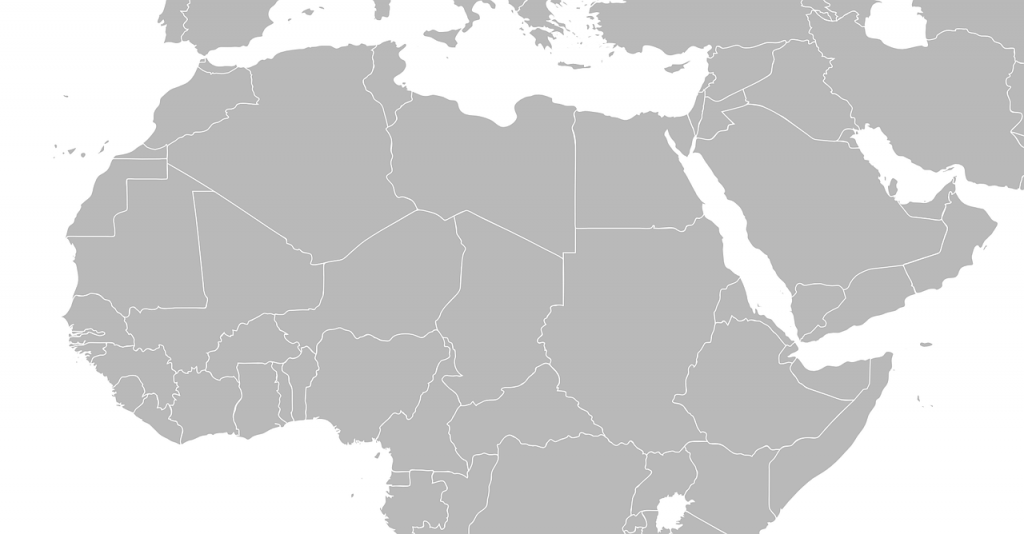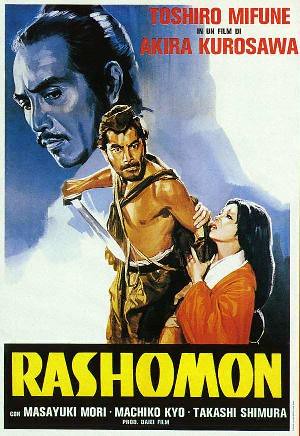
Between 2013 and 2017, as a Ph.D. student I devoted my efforts to the attempt of analyzing in a comparative way the American, the French, and the European security initiatives towards one of the most unstable and conflict-prone regions in Africa, namely the Sahel. Since the beginnings of the Malian crisis in 2012, the Sahel had effectively attracted international attention, essentially because of the security concerns of different Western countries. The international narrative about this African conflict was particularly focused on two main elements. On the one hand, the collapse of the Malian state was perceived as the victory of the “transnational dark forces” at work in the country, and jihadist forces in particular. On the other hand, the crisis was considered “regional” by nature, as international observers were worried about a possible “domino effect” that could spread conflict over the Mali’s “fragile” neighbors.
At the same time, during the revision of the literature, and even more when I started to conduct fieldwork research (in Paris, Brussels, Washington and Bamako), I was struck by the fact that it was almost impossible to find a shared and uncontested definition, about what the Sahel is. Like in the Akira Kurosawa’s masterpiece Rashomon, all the actors involved seemed to tell their own version of a presumed factual reality, inspired by the projection of their own interests and interpretations, about the kind of security that was at stake in the area. Establishing what was effectively “true” and “real” in that contest was almost impossible, and before the end of my research, I became aware of the fact that the “geographical set” of my work was more a “discursive practice”,[1] than a geopolitical space.[2]

My article “Rashomon in the Sahel: conflict dynamics of security regionalism” starts from these premises, for exploring the effects that this battle about “truth” and “knowledge” is producing, on the dynamics of security and conflict in the area. Four different collective agents – the international interveners, the regional governmental elites, the jihadist insurgent groups and the local communities – are struggling, from different positions of force, not only for delimiting their space of action, but also for defining which kind of order should rule this space, and whose security the resulting region should guarantee. As a matter of fact, none of the actors involved are able to master the consequences of their interactions with the other regionalizing agents. At the same time, through his presence and his action, every actor unintentionally justifies his competitors’ pursuit of their regional projects.
Nowadays, all figures show that violence is on the rise in the Sahel, while abuses and indiscriminate exactions are reported and practiced by all the actors involved. As I claim in the article, thinking in terms of competing security regionalisms can help us, in disentangling the various and interconnected processes which are producing and furthering violent conflict in the area. At the same time, it could also help to start imagining a different, and more peaceful “truth” about the Sahel.
[1] ÓTuathail G and Agnew J (1992) Geopolitics and discourse: Practical geopolitical reasoning in American foreign policy. Political Geography 11(2): 190-204
[2] With regard to my Ph.D. thesis, at a the end I had to “accept” to participate to this multi-vocal discursive production of a geographical space, limiting my attention on the five states – Mali, Mauritania, Niger, Burkina Faso and Chad – that US and European strategies considered as the “core” of the Sahel, and which formed the G5 Sahel in 2014.